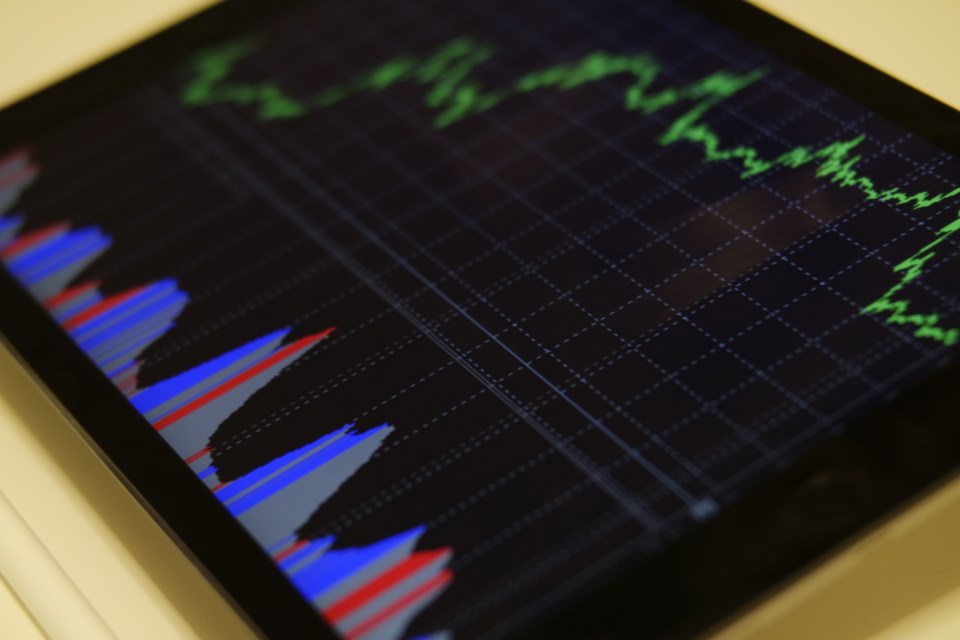For both potential investors and experienced traders, the ability to distinguish critical differences in Stocks vs Futures trading is of paramount importance; both avenues present unique opportunities and possess distinct risks. Ergo, this article assesses the fundamental differences between stocks and futures trading, providing valuable insights to assist in making well-informed decisions in line with financial aspirations.
Stocks Trading: A Slice of Ownership
Stocks (equities or shares) represent ownership in a company - when one acquires shares of a company's stock they essentially hold a stake in the business. Stock trading facilitates investors to participate in the financial performance of a company through their equity ownership.
- Ownership rights: Stockholders possess certain entitlements, including voting privileges at shareholder meetings, often eligible to receive dividends constituting a portion of company earnings.
- Investor profile: Stock trading appeals to long-term investors with faith in the company's growth potential and are willing to retain investments over extended periods.
- Market hours: Stock markets usually adhere to standard business hours and remain closed on weekends, offering a break for investors.
Futures Trading: Contracts of Speculation
Futures trading involves speculating on the future price of an underlying asset; Futures contracts essentially represent agreements to buy or sell an asset at a predetermined price on a specific future date. These contracts provide exposure to various asset classes, including commodities, financial instruments and indices.
- No ownership stake: Futures trading does not entail ownership of the underlying asset; it centers on speculating on price movements without possessing the asset.
- Risk and leverage: Futures trading frequently involves the use of leverage, enabling traders to control larger positions with a relatively modest initial investment; this leverage can magnify both potential profits and losses.
- Long and short positions: One notable advantage of Futures trading is the ability to assume both long (betting on price increases) and short (betting on price declines) positions; this versatility accommodates traders to seize profit opportunities in both bullish and bearish market conditions.
- Market hours: Futures markets often offer extended trading hours (with some accessible 24/7), facilitating trading during extended sessions.
Critical Differences
- Ownership vs. contracts: The primary distinction lies in ownership - stocks represent ownership in a company while Futures involve contracts for the purchase or sale of an asset.
- Dividends vs. leverage: Stockholders may receive dividends, while Futures traders employ leverage to enhance the potential for gains or losses.
- Long-term vs. speculative: Stocks are traditionally favored by long-term investors while Futures trading leans more toward speculation, attracting traders seeking short-term opportunities.
- Market hours: Stock markets maintain regular business hours while Futures markets offer the flexibility of extended trading hours, with some operating around the clock.
Concluding Remarks
A comprehensive understanding of the nuanced disparities between stocks and Futures trading is crucial for aligning investment strategies with financial objectives and risk tolerance. Stocks entail ownership and the potential for dividends, attracting long-term investors; in contrast, futures trading offers the potential for leveraged, short-term speculation on price fluctuations.




